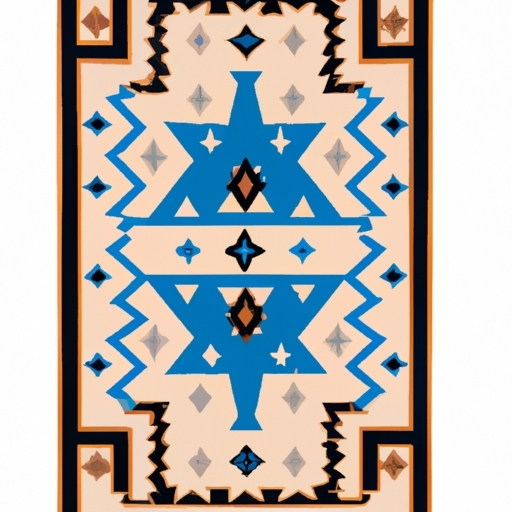
Understanding the history of your family and ancestors is a vital part of forming your identity and connection to the past. For many people, knowing if they have Native American ancestry can be an important piece of their personal story.
There are several ways to determine if you have Native American heritage. One common method is through genealogy research, which involves tracing your family tree back through historical records to uncover any potential Native American ancestors. This can involve looking for specific tribal affiliations or connections to Indigenous communities.
Another way to discover if you are Native American is through oral history passed down through generations. Many families have stories or traditions that indicate Indigenous heritage, such as tales of ancestors who were members of a particular tribe or lived in a specific region known for its Native American population.
Additionally, DNA testing has become a popular tool for uncovering ancestral origins, including potential connections to Indigenous peoples. By analyzing genetic markers that are unique to certain populations, these tests can provide insight into one's heritage and help confirm or refute claims of Native American ancestry.
Ultimately, determining if you are Native American requires a combination of research methods and personal reflection. It is important to approach this process with respect for Indigenous cultures and histories, as well as an open mind about what you may discover about your own background. Embracing your heritage, whatever it may be, can enrich your understanding of self and deepen your connection to the past.